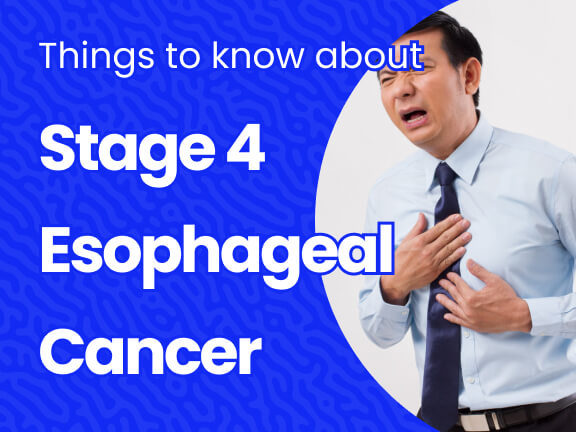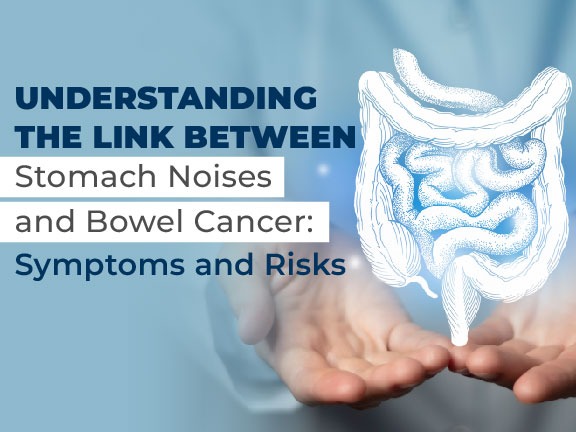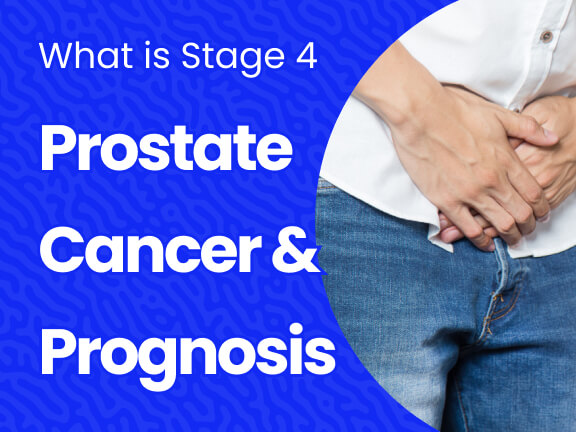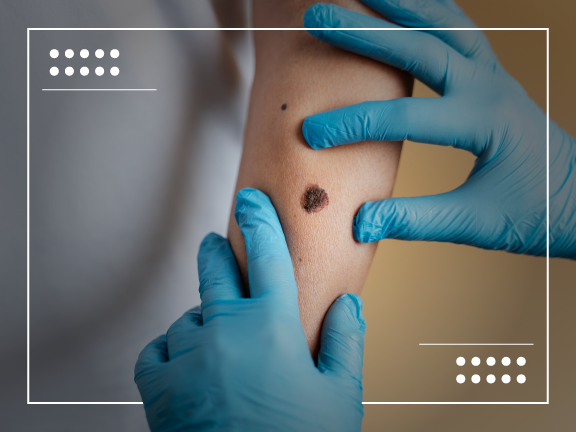What is Cancer with FGFR Mutation Cancer?
Fibroblast Growth Factor Receptors (FGFR) are receptors that bind to proteins on the surfaces of cells. These receptors are responsible for different functions like growth, reproduction, and survival. There are multiple FGFRs which include FGFR1, FGFR2, FGFR3, and FGFR4. When mutations occur in one of the FGFRs, this can cause cancer cells to reproduce and spread more quickly than cancers without an oncogene driver. FGFR mutations can occur in the following cancer types:
- Breast cancer
- Lung cancer
- Prostate cancer
- Bladder cancer
- Gastric cancer
- Multiple myeloma
While FGFR is a rare mutation to have, it is more common in some cancer types than others. For example, abnormal FGFR genes are in 20 percent of all advanced bladder cancer cases and only 1 percent of all breast cancer cases.
FGFR Cancer Symptoms
The symptoms of cancers with FGFR mutations depend on the specific cancer type. However, cancers that are positive for a FGFR mutation are known to be more aggressive and have a worse prognosis than cancers without the amplification.
What Causes FGFR Cancer?
Unlike some mutations, FGFR is not inherited from an individual’s family. The mutation develops over the patient’s lifetime and the exact cause is unknown.
FGFR Cancer Treatment
There are many different treatments that can be used for FGFR cancers. There are many factors that influence the treatment decision including type of cancer, stage of disease, age, and symptoms. Some targeted therapy drugs for FGFR cancers include:
- Erdafitinib
- Lenvatinib
- Dovitinib
- Trametinib
- Ponatinib
- Imatinib
- Gefitinib
- Erdafitinib
For those that do not have cases eligible for an FDA approved therapy, they can search for clinical trials with drugs for FGFR cancers. Clinical trials provide early access to cancer patients seeking new therapies that are being evaluated by the FDA before they are approved. Talk with your doctor to see if clinical trials could benefit your cancer case.
FGFR Cancer Clinical Trials
There are approximately 83 cancer clinical trials that are currently recruiting patients with FGFR amplifications in the United States right now. With such an extensive list, many of them could be beneficial for you. Our team of patient relations coordinators, who are oncology nurses, and our artificial intelligence based Clinical Trial Matching System will find the best option for you.
How Do We Help FGFR Cancer Patients?
Our initial cancer treatment consultation as well as our clinical trial matching service is free for patients with FGFR. Our patient relations coordinators work closely with patients to gather information on their current medical status, and then will provide a list of options from available cancer clinical trials close to your home.
We can also provide a comprehensive case analysis through our Virtual Tumor Board from cancer specialists. The Virtual Tumor Board (VTB) is comprised of highly specialized oncologists from nationally-recognized Cancer Centers of Excellence. In just 7-10 days after receiving your medical records, we can get you a treatment plan without having to travel far distances and use your valuable time.
Source:













